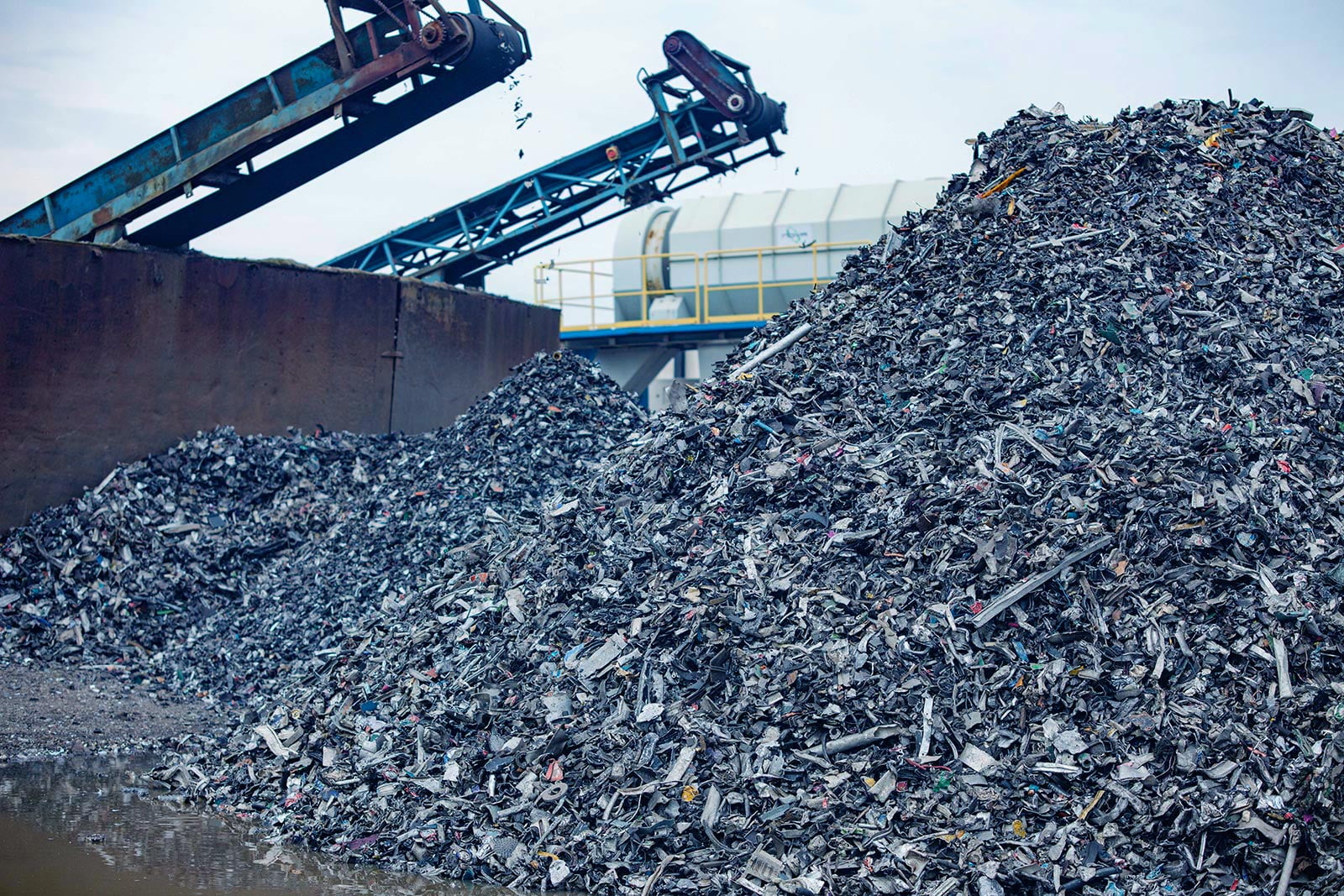Metal recycling is a crucial component of sustainable waste management, contributing significantly to environmental conservation and resource efficiency.
Enicor understands that clients often have questions about the metal recycling process, its benefits, and how they can actively participate in the movement toward a more sustainable future. In this blog, we will address some common questions that you might have when considering metal recycling.
1. What types of metal can be recycled, and is the process the same for all of them?
Enicor specialises in recycling a wide range of metals, including aluminium, steel, copper, iron, and more. While the basic principles of recycling are consistent, each metal undergoes a specific process tailored to its properties. For instance, aluminium is known for its high recyclability, with the process involving melting and reshaping, whereas steel may undergo shredding and melting.
2. How does metal recycling benefit the environment?
Metal recycling significantly reduces the demand for raw materials, conserving natural resources and energy. It also minimizes greenhouse gas emissions, as producing metal from recycled materials requires less energy compared to virgin production. By recycling, we contribute to lowering carbon footprints and mitigating the environmental impact of mining and extraction.
3. What steps can businesses take to enhance their metal recycling efforts?
Businesses can adopt several practices to enhance their metal recycling efforts. Implementing a comprehensive waste separation system, educating employees about recycling procedures, and partnering with a reliable recycling company like Enicor are key steps. Additionally, regularly assessing and optimising recycling processes can improve efficiency and sustainability.
4. Are there financial benefits to recycling metal for businesses?
Absolutely. Metal recycling can provide businesses with a source of revenue, especially if they generate a significant volume of scrap metal. Enicor offers competitive pricing for recycled materials, and the financial returns can contribute to offsetting waste management costs.
5. How can individuals contribute to metal recycling on a small scale?
Individuals can make a positive impact by segregating metal waste at home, participating in local recycling programs, and bringing their metal items to recycling centres. Small-scale efforts collectively contribute to significant reductions in landfill waste and promote a more sustainable lifestyle.




